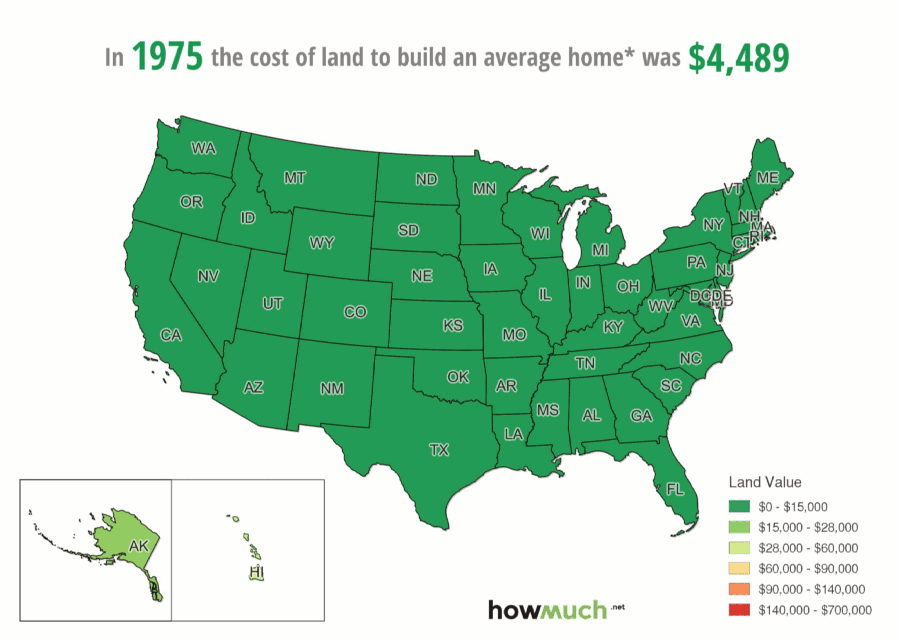Advocates of renewable energy often claim its adoption should be considered an investment because, over time, the benefits of installation far outweigh the costs. Is that really true?
Let’s take a look in the U.S. on a state-by-state basis, using data collected from solarreviews.com as of May 3, 2019. A 5kW solar panel system is enough to power an average residential structure -- the Department of Energy uses 5.6kW for the size of an average residence in its own modeling.

Are Solar Panels Worth it?The Lifetime Savings in Each State
It appears that the claims are true -- given the cost of electricity throughout the United States, the cost of installing solar panels for the average residence will easily pay for itself over a lifetime, with a wide variance across states.
Compare the lifetime savings with the overall cost of electricity in each state as provided by an earlier post. This comparison is focused on residential solar panel installation, so focus on residential rates. The three states with the most expensive residential electricity rates are Massachusetts, Hawaii, and Rhode Island.
Take another look at the visualization compared to the residential electricity rates. There is a strong pattern:
Top 3 States With the Most Expensive Residential Electricity Rates
1. Hawaii: 32.09 cents/kWh
2. Rhode Island: 22.67 cents/kWh
3. Massachusetts: 22.57 cents/kWh
Top 3 States With the Biggest Lifetime Savings in Solar Panel Installation
1. Massachusetts: $133.7K
2. Hawaii: $121.6K
3. Rhode Island: $114.2K
It makes sense that the three states with the most expensive electricity would be the three states where solar installation pays off the most. In fact, the payoff is over $100K for only these three states.
What About Alaska?
The pattern appears to hold that the higher the cost of electricity, the higher the savings from solar. Do you notice an outlier?
You may recall in the earlier article that Alaska has one of the most expensive residential rates in the United States. However, it also generates the least average lifetime savings of any state. How can this be? It’s not just location -- Hawaii is also a remote state, but solar panels pay off there.
Remember that one thing needed for solar panels to work is sunlight, and Alaska isn’t exactly the sunniest state in America. In fact, it is the only state in America where parts of the state during parts of the year do not receive any sunlight. Hawaii definitely does not have this problem! So, Alaska is a true outlier both in terms of the cost of electricity, and the potential utility of solar.
Are Solar Panels Worth it? The Lifetime Savings in Each State
Provided you live in an area of the country that is not entirely dark during parts of the year, solar installation will likely pay for itself. Check the data below for the exact costs and benefits in your state.
Data: Table 1.1
About the article
Authors
Irena - Editor





